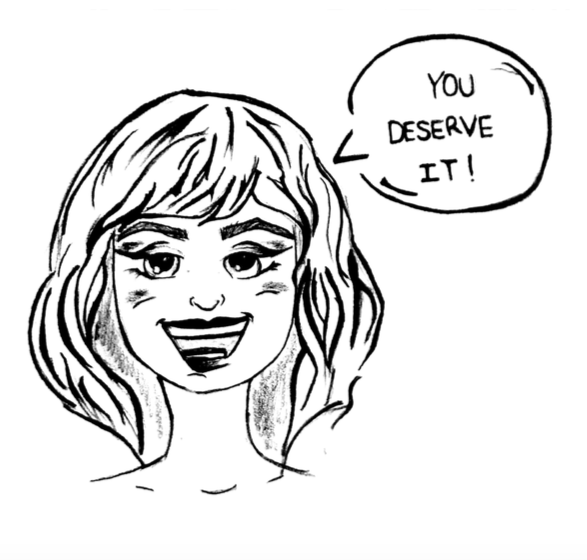When I first read Deputy Provost (Student Life and Learning) Ollivier Dyens’ call for “hygiene de vie” in the McGill Reporter, I immediately thought of medieval physicians. “Eating well, sleeping well, being physically active”—all of these practices recommended by Dyens were also popular prescriptions from the medieval medical community, which would often recommend regimes that are surprisingly analogous to the habit-based “healthy living” that is so prevalent today. Physicians of the 12th century recommended broad lifestyle changes as the primary form of therapy to keep the body in balance.
This is not to say that McGill students are faced with a potential resurrection of medieval medical theory. But, just like those of the Middle Ages, when popular thought favoured categorical thinking for all areas of life including the body, today’s regimen-based health practices have emerged for cultural reasons. In the modern era, these roots are troubling.
The 21st century has seen the reinvention of the body as a project, optimized through the application of “healthy living” and “self-care.” The problem with this vision of health is twofold: First, these concepts depend on and are fueled by consumerism, as those who wish to be healthier are bombarded with products promising their betterment. Second, seeing the body as something to be perfected validates individual, subjective opinions over the medical consensus on best health practices.
Self-care’s modern iteration has its roots in activism and community, specifically in Black feminist movements. Activist and writer Audre Lorde defines self-care as a “political warfare.” Implicit in this politicized definition is the idea that self-care benefits both the individual and the community. The marginalized individual, whose body and labour are traditionally deprioritized, focuses care inward. In doing so, she becomes a healthier individual, and this allows her to participate in her community without burning out.
However, these radical beginnings are not apparent in self-care’s most visible manifestations today. The languages of advertising and of self-care have converged, as brands conflate the phrase “self-care” with “treating oneself to a new product.” In this environment, lifestyle blog Into the Gloss can publish a flippant article called “Maximum Self-Care: The 10-Hour Facial,” peppered with produce recommendations. Goop provides a similar regimen for office workers. Meanwhile, exercise brands like Lululemon advertise “seamless leggings, bras, and tops that remove distractions so you can focus on you.” The message is clear: Care requires consumption, and it is unachievable without brands and products.
Individualized self-care becomes even more dangerous when it is paired with health. The health or skincare regimen lifestyle is increasingly turned into a comprehensive set of lifestyle prescriptions. Dyens’ recommendation of “hygiene de vie” for overstressed students is only one example. Equating self-care with medical therapy can result in such absurdities as veganism as a cure for depression, or idealized “superfoods” that are purported to fight cancer, aging, weight gain, and any number of other maladies. Such rhetoric prioritizes subjective choices over therapies prescribed by professionals, and places the onus of health completely on a person and their lifestyle choices.
The personalization of health requires one to take responsibility for their own care, but it also allows the individual to cherry-pick the methods that they use. Self-care regimens have endured for hundreds of years because they are a valuable component of maintaining total health, but in overly focusing on the individual, they now conflate health with consumerism and self-indulgence.
The body does not exist in a vacuum. It is not enough to focus one’s personal notion of care inward. Bodies are the lenses through which people interact with their surroundings; therefore, a person’s conceptualization of their body shapes not only their ideas of self, but their worldview. Individualism, collectivism, alienation, connection—they all begin with the body. Only by placing our bodies, and the ways we care for those bodies, within a community context can we truly thrive.







